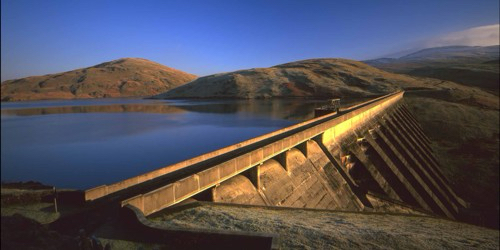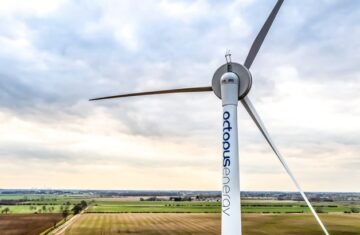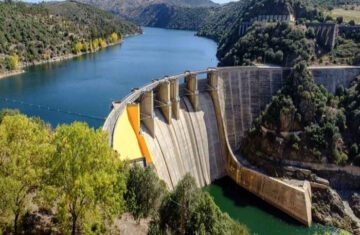Glen Earrach Energy (GEE) has initiated a public consultation aimed at shaping a £20 million annual community benefit fund associated with its ambitious 2GW pumped storage hydro (PSH) project located at Balmacaan Estate, near Loch Ness. This £3 billion development represents a significant investment in renewable energy, with the fund being the largest of its kind in Scotland.
The fund, guided by the Highland Council’s Social Values Charter, is designed to ensure that direct investments benefit not only the communities immediately surrounding the hydro project but also the broader region. Local residents, businesses, and organizations are encouraged to participate in shaping how the fund will be structured, managed, and allocated through a consultation survey. This initiative underscores GEE’s commitment to involving the community in decision-making processes related to the project’s economic impact.
Pumped storage hydro is known for its reliability in large-scale energy storage, yet it demands significant capital investment. The natural topography of the Balmacaan Estate site allows for an efficient design with a higher hydraulic head, enabling energy generation and storage at a lower cost per unit than many alternative projects. This efficiency not only facilitates greater economic returns but also positions GEE to deliver a more substantial community benefit package.

Local engagement is vital in shaping the future of renewable energy funding in the Highlands
According to the UK Government’s 2022 Energy Report, renewable energy projects like pumped storage hydro could save consumers up to £1 billion annually by reducing reliance on fossil fuels. This financial incentive highlights the importance of such developments in promoting sustainable energy solutions while generating local economic growth.
Angus MacDonald, MP for Inverness, Skye, and West Ross-shire, has expressed strong support for the consultation process, emphasizing that the Highlands are pivotal in the UK’s renewable energy transition. He stated, “The economic benefits of these developments must remain within the communities that host them.” This sentiment reflects a growing recognition of the need for local populations to see tangible benefits from renewable energy projects in their areas.
GEE director Roderick MacLeod noted that pumped storage hydro projects are considerably larger than traditional onshore wind farms, both in capacity and longevity. “Our project will generate the equivalent output of all operational onshore wind farms in the Highland Council area, or around 800 turbines,” he explained. This scale of investment warrants a corresponding level of community support.
MacLeod further highlighted that the proposed community benefit fund could surpass the £9.1 million distributed by the entire Highland wind energy sector last year. He emphasized the importance of community involvement in determining the fund’s structure to ensure it effectively supports local services, infrastructure, and long-term investments.
One of the key advantages of pumped storage hydro is its potential longevity; with proper maintenance, these projects can function for over a century. This durability implies that benefits must extend beyond immediate gains to ensure long-term prosperity for future generations. MacLeod concluded that the consultation is a crucial step in crafting a funding package that aligns with the community’s needs and aspirations.
The public consultation launched by Glen Earrach Energy represents a significant opportunity for local communities to influence the future of renewable energy funding in the Highlands. As the project progresses, it is essential that community voices are heard and integrated into the decision-making process, ensuring that the substantial investments made yield meaningful and lasting benefits for the region. The involvement of local stakeholders will be pivotal in shaping a sustainable future, where economic growth and environmental stewardship go hand in hand.



